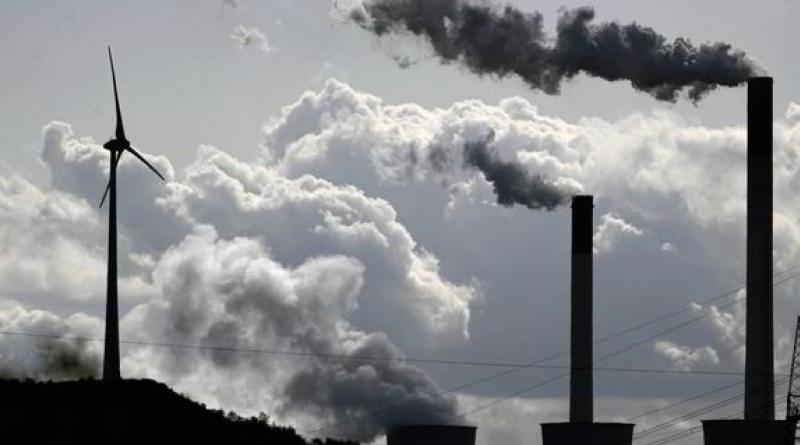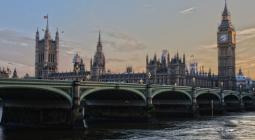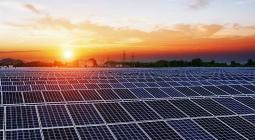Energy transition $1trn spend matches fossils for first time but 'woefully short' of climate goals

Investment in renewables led by wind and solar power sees record $495bn committed last year, followed closely by e-mobility sector, but global transition spend must triple to hit 2050 net zero targets, says BloombergNEF
Spending on the global transition from fossils to renewables by financial institutions, companies and governments, along with other commercial ‘end-users’, broke through the $1trn barrier last year, jumping 31% and putting clean energy-linked investment on level-pegging with oil & gas for the first time, according to a new Bloomberg New Energy Finance (BNEF) report.
Overcoming worldwide supply chain disarray and macroeconomic uncertainties sparked by Russia’s invasion of Ukraine in 2022, capital investment in the clean and low-carbon energy space totalled a record $1.1trn “as the energy crisis and policy action drove faster deployment of [renewables] technologies”, the research house said in its latest Energy Transition Investment Trends.
Renewables – led by wind and solar power – remained the largest recipient in investment terms, achieving a new record of $495bn committed last year, up 17% from 2021. But electrified transport, spanning electric vehicles and charging infrastructure, came close to taking top place, with $466bn spent in 2022, an 54% increase year-on-year.
The report found “almost every sector” achieved a new record level of investment in 2022, with only nuclear power’s capital spend “staying broadly flat”.
“Our findings put to bed any debate about how the energy crisis will impact clean energy deployment,” said Albert Cheung, BNEF’s head of global analysis. “Rather than slowing down, energy transition investment has surged to a new record as countries and businesses continue to execute on transition plans.
“Investment in clean energy technologies is on the brink of overtaking fossil fuel investments and won’t look back. These investments will drive short-term job creation and help to address medium-term energy security objectives.
“However,” Cheung cautioned, “much more investment is needed to get on track for net zero in the long term.”
A surprise came with the finding that the hydrogen sector – which is currently seeing high-profile interest from the private sector and growing government policy support – received the “least financial commitment” at just $1.1bn in 2022, 0.1% of the total global energy transition spend though “more than triple” than in the year before.
BNEF’s data highlighted that China was “by far” the leading country for attracting energy transition investment, accounting for $546bn – half of the global total, with the EU, treated as a single bloc, seeing a $180bn spend, a facto second, and the US third with $141bn.
Despite 2022’s record-setting results, global investment in lower-carbon technologies was still “woefully short of what is needed to confront climate change”, BNEF noted, pointing to a 2050 net zero trajectory requiring investment “immediately triple”.
“Including the additional $274bn invested in the power grid, energy transition investment hit $1.38trn in 2022. By comparison, the world must invest an annual average of $4.55trn for the remainder of this decade in order to get on track under BNEF’s Net Zero Scenario,” said Cheung.
Clean energy manufacturing investment grew to $78.7bn in 2022, up from $52.6bn the year before, with battery gigafactories totting up $45.4bn, while PV panel fabrication pulling in $23.9bn. China accounted for 91% of this worldwide spend.
“Manufacturing capacity for clean energy technologies is unlikely to be the major bottleneck to achieving net zero,” said Antoine Vagneur-Jones, BNEF’s head of trade and supply chains research.
“However, from a supply chain diversification point of view, the picture has not changed much. China is investing by far the most in building out its clean energy supply chain, and it remains to be seen if other regions can capture significant market share.






